There are few things more rewarding than sharing your home and life with the animals you love. It is truly extraordinary to share a bond with an entirely different species.
With that said, there are a number of animals that you do not want to share your space with. Creature that infest your space like bedbugs, bats, or carpenter ants are not welcome.
Even animals that seem cute and cuddly can be a big problem.
Of course, I'm talking about mice. Unfortunately for me, I have had the displeasure of sharing living space with these little creatures on more than one occasion.
By now, I've gotten familiar with their habits and how to tell if they're there even when you can't see them, which is usually the case.
Mice might be cute in cartoons, but in real life, they could do serious damage to your home and spread disease. That's why they're called pests, and why it's important to know the signs of mice living in your home:
Thumbnail Photos: Wikimedia Commons, Flickr
Sign #1: Mouse Droppings

Have you ever opened a drawer and noticed rice-sized black pellets? Well, those are mouse droppings.
Of course, drawers aren't the only places you can find them, but they are often in dark secluded spots where the mice are hiding from you.
You don't have to be Sherlock Holmes to figure out that, where there are mouse droppings, there are mice.
Sign #2: Gnawing
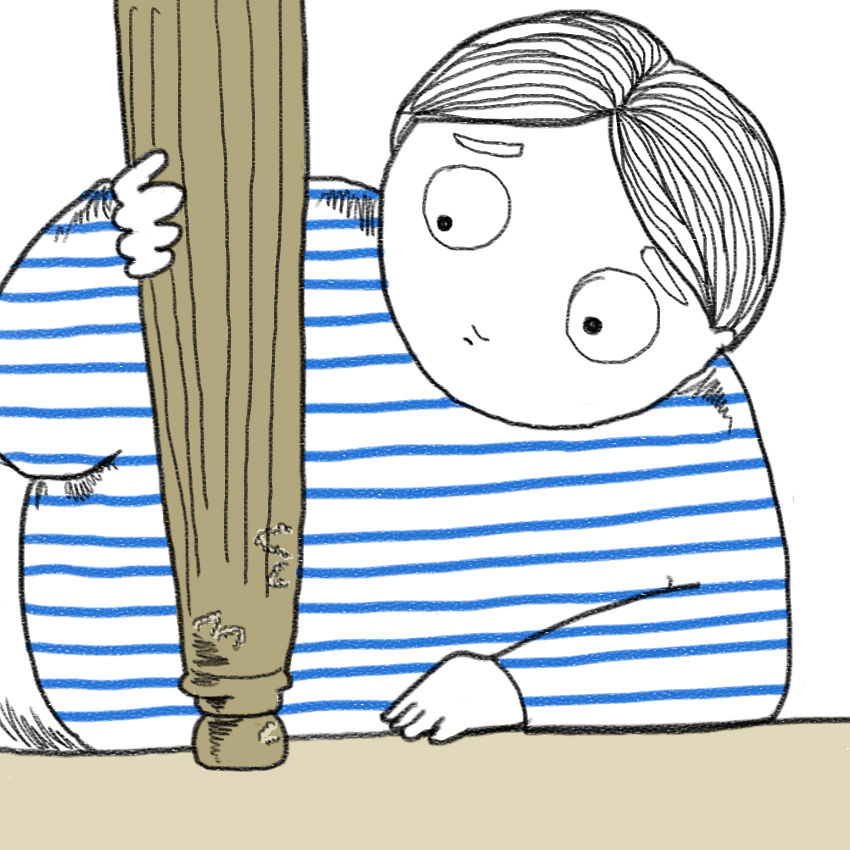
Rodents are known for their teeth. The thing about rodent teeth is that they're constantly growing, which is why they have to gnaw and file them down repeatedly, according to Colorado State University.
If you have mice, you might find gnawing marks on your plastic or wooden furniture, cabinets, or even on food items in your pantry.
Mice particularly love old houses, and might take an opportunity to gnaw on antique lintels and wainscoting, too.
Sign #3: Pets Acting Up
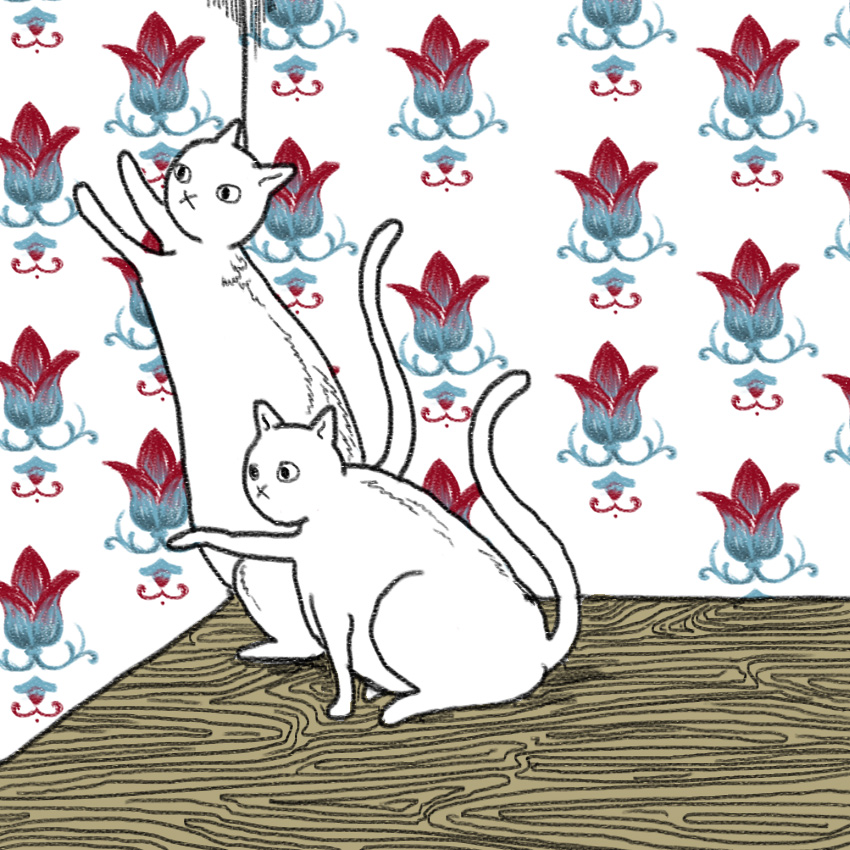
You are probably well aware of the fact that our dogs and cats can smell and hear things that our human senses cannot.
This is why it's important to consider mice when your furry friend is either acting restless or scratching up against the wall.
Some dogs and cats were bred purposely to catch and detect mice, so listen to them if they're acting a little unusually; they might be sensing little creatures in the walls.
Sign #4: Foul Odor
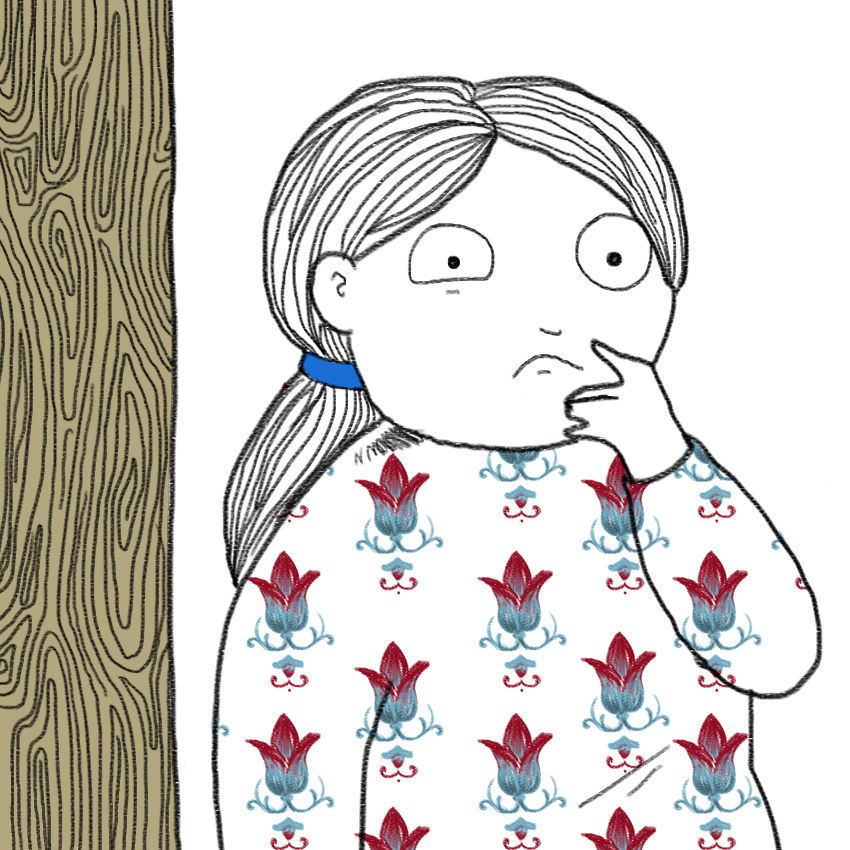
Like most wild animals, mice aren't known for their impressive hygiene practices.
According to Orkin Pest Control, the smell of mice is musky. In my experience, you might also notice the unpleasant smell of a dead animal.
Mice live (and will probably die) in your walls. Their dead bodies also emit a lot more odor than you'd initially think for such a tiny creature.
Sign #5: Scampering Sound From The Walls And Ceiling
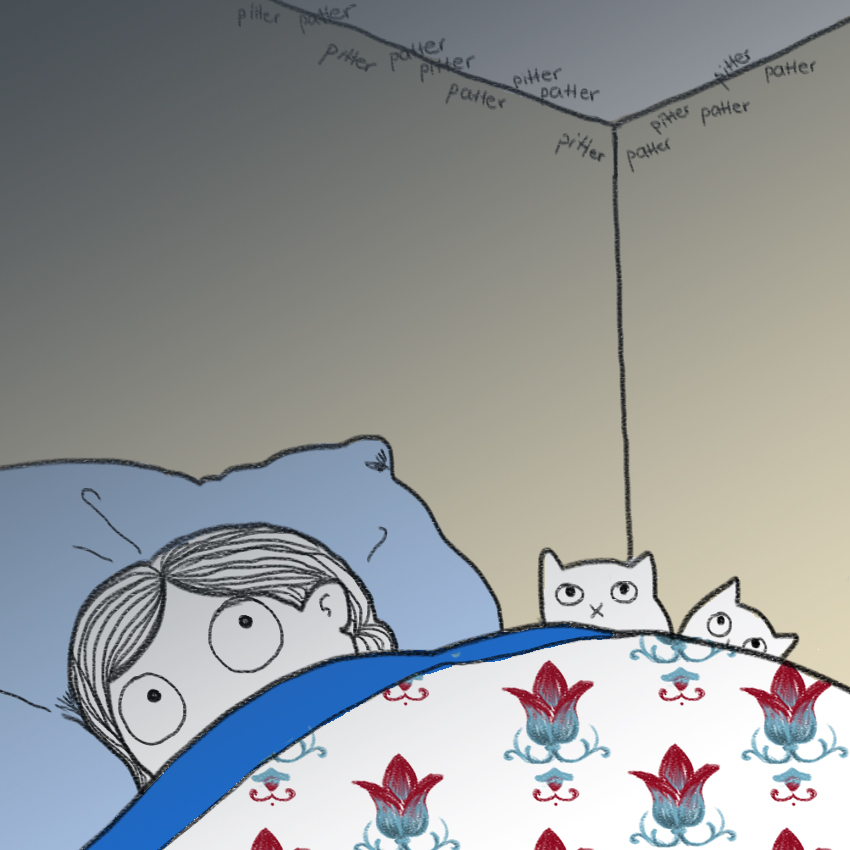
I used to sometimes have trouble falling asleep due to an extremely unpleasant scratching sound in my ceiling. The sound was so loud, I worried that it might be something larger than a mouse.
Despite my suspicions, the exterminator found mice. Trust me when I say that they sound much louder than you think they will.
I would describe these sounds as pitter patter, scampering, and scratching. In general, assume that any noise in your ceiling or walls is likely rodent-related.
Sign #6: Rodent Runways

While the term "runways" may evoke visions of a mouse Victoria's Secret Fashion Show, the truth is far less glamorous.
Mice like to stay close to the wall when they are out in the public of your home. The areas they frequent are called rodent runways and may be marked with tracks, tail marks, droppings, or any other signs of the furry little animals.
Sign #7: Mouse Nest
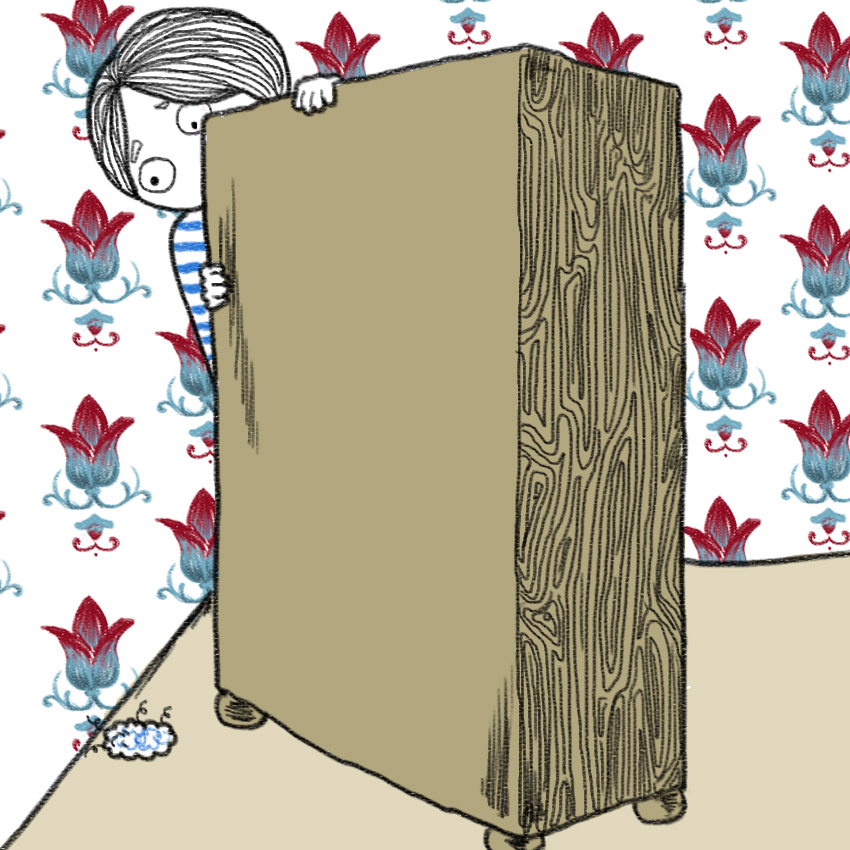
Mice reproduce like crazy, and when they do, they like to build little nests for their babies.
The mama mouse will take any soft material she can get her tiny mouth on and bring it back to a dark, dry place to make her nest.
This could mean fibers from dish towels, sawdust, fluff from pillows and quite possibly your own hair. Gross, I know.
What To Do If You Have Mice
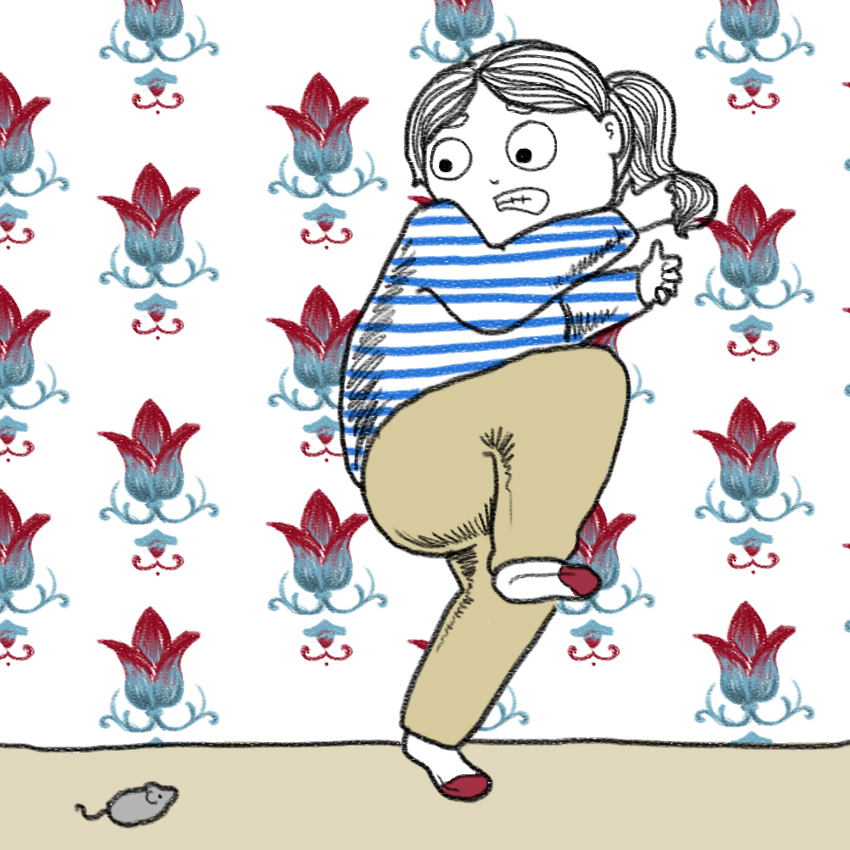
If you see a mouse in person, it's probably a bad sign.
As the saying goes, "If you see one, you have 200."
Mice reproduce incredibly quickly, up to 10 litters in a year. This means that they can infest and colonize any area quickly.
As mentioned, they like to stay out of your way and in the dark corners of your home. If they are daring to go out in the open in the daytime, it's a sign of a heavy infestation, according to Rentokil pest control (and my own unfortunate experience).
If you suspect you have mice in your home, call a pest-control specialist to figure out a treatment plan.
Make sure to SHARE these signs with your friends on Facebook, especially those who live in old houses or have a history of pest problems!




